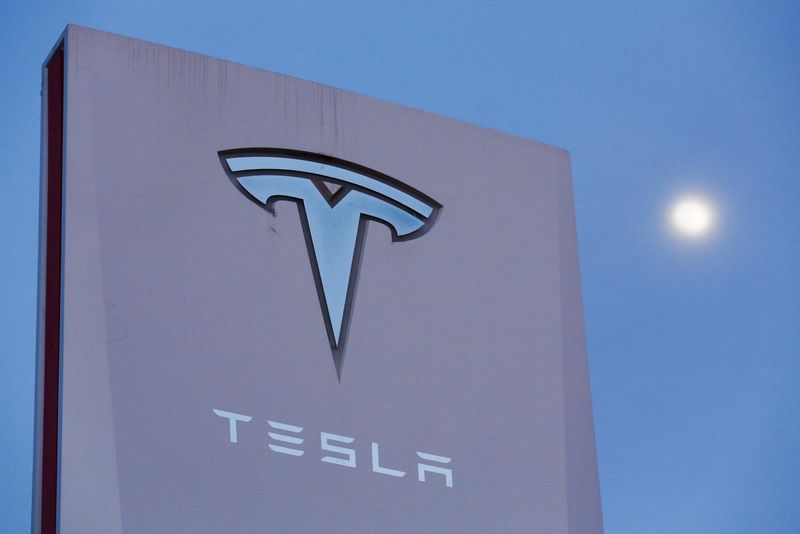UBS analysts reiterated their Sell rating on TSLA, citing significant downside risk due to overvaluation and challenges in the automotive business.
They believe Tesla (NASDAQ:TSLA)'s stock, currently trading at over 100 times its run-rate EPS of approximately $2.25, has a lot of AI optionality priced in, leading to an inflated valuation.
"TSLA 2Q24 results showed the stress on the automotive business, just to keep vehicle deliveries ~1.78mm annualized units (which would be -2% y/y)," UBS notes.
The bank says the aggressive pricing and promotional strategies to stimulate demand have caused Tesla's auto gross margin, excluding credits, to drop to 14.6%, the lowest since 1Q19.
Adjusting for higher-than-normal credits and restructuring charges, UBS estimates Tesla's run-rate EPS to be around $0.56, which still includes a strong but potentially volatile quarter for its Energy business.
UBS is skeptical about the near-term drivers for Tesla's earnings. While the introduction of a new lower-cost model and increased Full Self-Driving (FSD) take rates could help, the analysts argue that even an improvement of $1 per share in earnings would still leave the stock trading at over 75 times its price-to-earnings ratio.
The analysts assert that Tesla's current stock price heavily relies on future AI initiatives such as robo-taxis and Optimus humanoid robots.
UBS notes that Elon Musk recently repeated a prior sentiment, stating: "The value of Tesla overwhelmingly is autonomy." However, UBS points out the uncertainty in the timeframe and probability of success for these ventures.
They estimate only ~$74 per share is attributed to Tesla's core automotive and energy businesses, implying a substantial premium for these speculative projects.
UBS concludes that Tesla's stock faces more downside risk if confidence in these AI initiatives wavers. They caution that upcoming events like Robo-taxi day on October 10 could trigger a "sell-the-news" reaction, emphasizing the overvaluation of the stock based on uncertain future opportunities.
